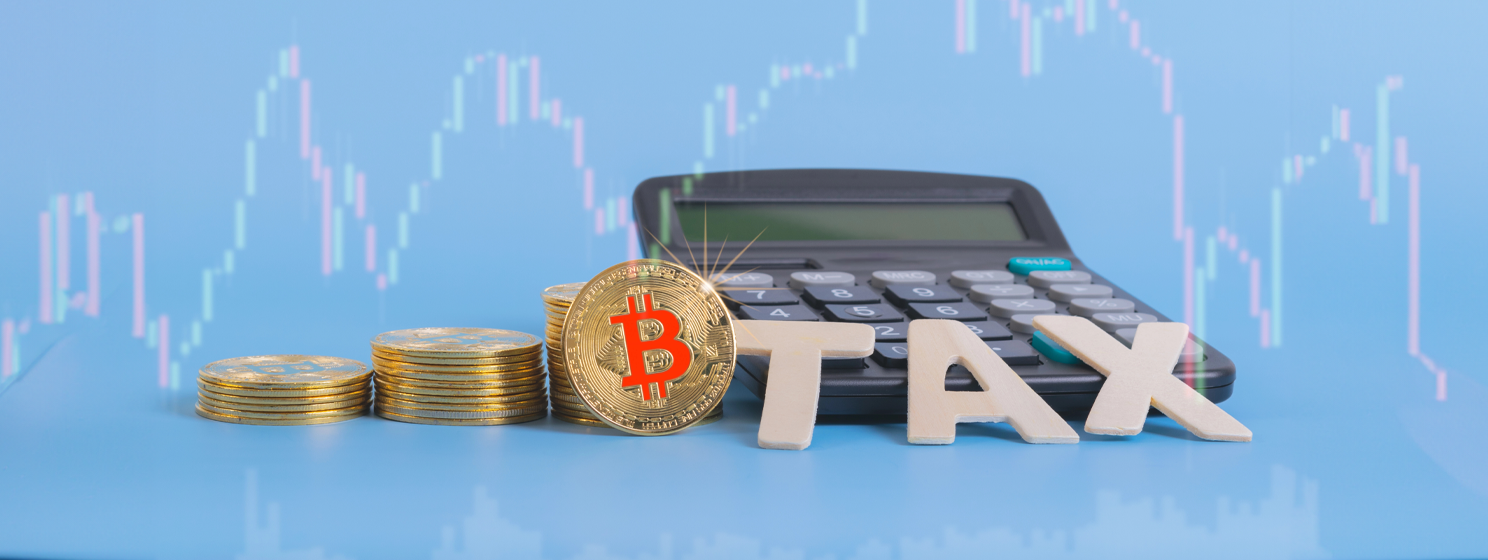|
Getting your Trinity Audio player ready...
|
The African payments industry is transforming, with a new wave of technological advances bringing unprecedented developments. The continent has previously lagged behind in the payments sector, with cash payments being the dominant payment method. However, this is slowly changing according to Markus Eichinger, executive vice president of group strategy at Wirecard.
Eichinger was speaking in Cape Town, South Africa, during the rebranding event for MyGate Communications, a company that Wirecard acquired in 2017. He believes that the African payments industry has greatly benefitted from five developments.
They include the continued use of blockchain technology and cryptocurrencies. This enables Africans to send money instantly and at very low charges. The continent has continued to explore crypto payments, with more merchants beginning to accept cryptos as payment. The continued innovation by crypto payment processors and crypto wallets has made it easier for their users to pay in cryptos. While in some countries the governments are still rigid regarding cryptos, in others they are working with stakeholders to find a way forward that protects consumers without suppressing innovation.
Eichinger also believes that artificial intelligence has had a huge role to play in the advancement of payment methods. He stated:
“Advances in artificial intelligence are reducing payment risks on the merchant and acquirer side while producing convenient new customer-facing innovations such as AI-assisted chatbots, natural voice processing, and facial recognition and biometric identification that are revolutionizing the check-out process.”
Wirecard is a global financial services and internet technology firm based in Munich, Germany. Listed on the Frankfurt Stock Exchange, the company issues and processes physical and virtual cards. It also offers electronic payment transactions and risk management services.
Fintech startups utilizing artificial intelligence have sprouted across the continent, making it easier and more convenient for their users to make payments. One of the most prominent is FinChatBot, a South African startup that develops chatbots which help financial service providers acquire and retain customers through conversations powered by artificial intelligence.
The other factors that Eichinger believes have shaped the industry include a renewed drive to increase financial inclusion, which in Africa, is being led by mobile money platforms. Payment providers have also been keen to achieve frictionless customer experiences that don’t put stress on the user or require unnecessary information.
The last factor according to Eichinger is the continued innovation in borderless payments. This is being championed by multiple technologies, among the cryptocurrencies which one can send from one country to another with ease. This is opening up a whole world of possibilities, especially for small businesses which have previously struggled to access foreign markets.
In order for artificial intelligence (AI) to work right within the law and thrive in the face of growing challenges, it needs to integrate an enterprise blockchain system that ensures data input quality and ownership—allowing it to keep data safe while also guaranteeing the immutability of data. Check out CoinGeek’s coverage on this emerging tech to learn more why Enterprise blockchain will be the backbone of AI.

 03-05-2026
03-05-2026 




